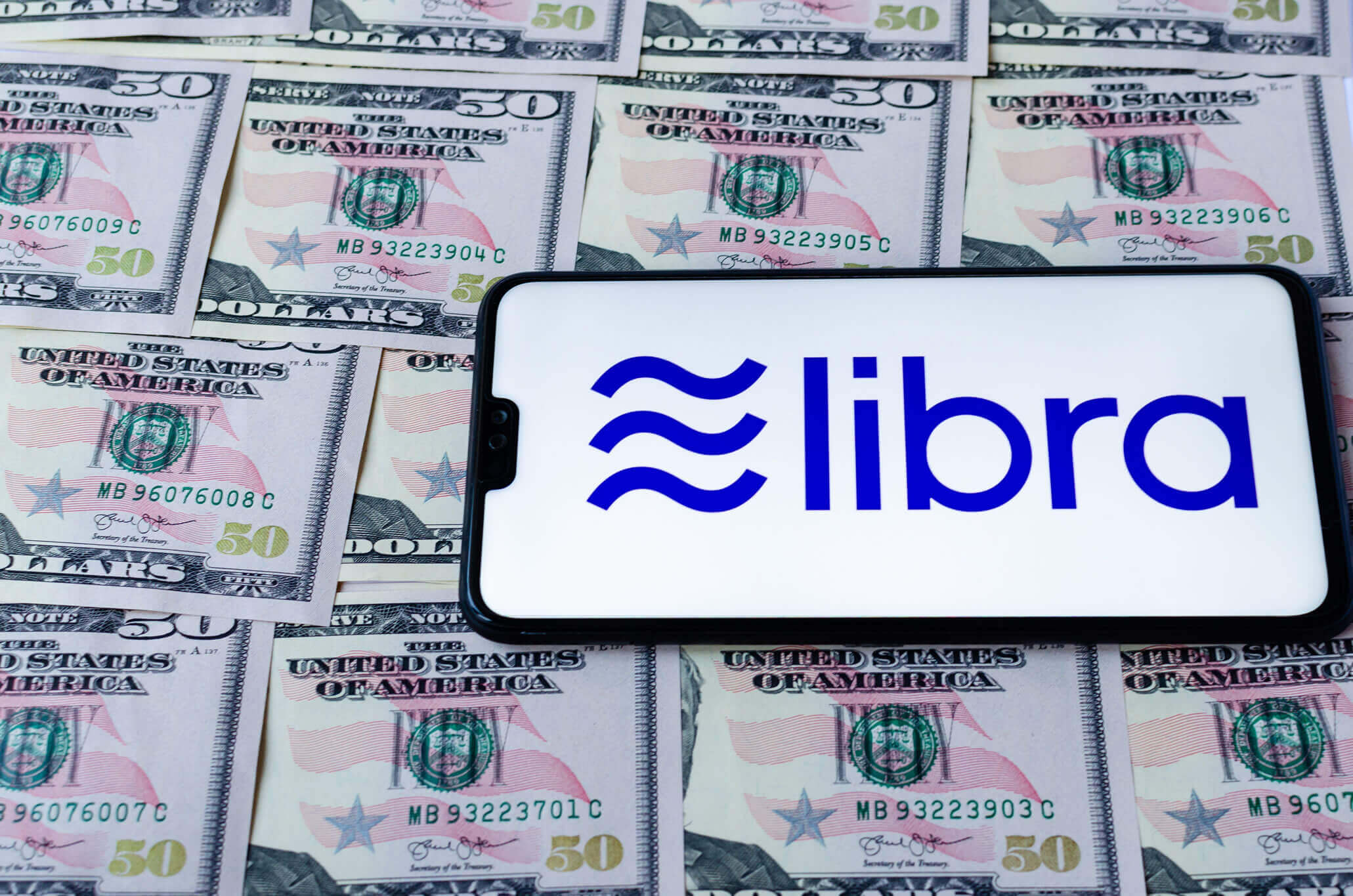In brief: Shopify thinks the current financial system isn't built to support the sheer scale of Internet commerce, so it's joining the Libra Association to help build a new one based on Facebook's cryptocurrency plans. The announcement comes just as some of the earliest backers of Libra abandoned it for fear of drawing too much attention from regulators.
The maligned Libra Association has seen some of its most trusted members retreat from its project. It all started with PayPal, and then Visa, Mastercard, Stripe, eBay also made their graceful exit, mainly to avoid the mounting regulatory pressure around Facebook's cryptocurrency plans.
It turns out that while some organizations think Libra isn't worth the trouble, others like Canadian e-commerce giant Shopify are sold on the idea of an international stablecoin that Facebook users can use to make transactions with inexpensive fees.
The company announced it will commit $10 million to the Libra Association, and will also operate a node that processes transactions once the Libra network comes online. A Facebook spokesperson welcomed the news, noting that "as a commerce platform helping launch and grow over one million businesses, Shopify believes in the importance of reducing barriers to business ownership and ensuring that commerce is truly inclusive."

Other members of the Libra Association include Coinbase, Andreessen Horowitz, Thrive Capital, Uber, Lyft, Spotfiy, and PayU. But while adding Shopify into the mix will certainly help with the public image of Libra, there's a lot of resistance from governments around the world who worry that Facebook's cryptocurrency project could destabilize the world's existing financial system.
Shopify says that Libra could help it serve the rapidly-growing number of merchants out there that want to serve an international customer base, especially in regions where traditional banking is too expensive. For its part, Facebook promised to never launch Libra and the associated Calibra wallet unless it obtains US regulatory approval, so the intended 2020 launch window looks increasingly unlikely.
The EU, in particular, will be a tough market to crack for Libra as some member countries have vowed to enforce a complete ban. In the meantime, the Libra Association is exploring different ideas on implementation, such as launching multiple stablecoins pegged to national currencies as a compromise to appease governments who reject other approaches.

The excitement around Libra has also paved the way for scammers, which is why it's a good idea to steer clear of fraudulent ads. As of writing, the latest post on the official Libra page on Facebook displays a comment that appears to originate from the Association and is asking people to send Ethereum, one of the most popular cryptocurrencies, to a specific address to participate in a purported giveaway. However, the comment was posted by a different page that was registered recently by an obvious scammer.
Overall, the cryptocurrency industry has a long ways to go when it comes to projecting itself as a safe and reliable alternative to the traditional financial system. Just for the past year, an estimated $3.1 billion worth of cryptocurrencies were subject to theft and fraud at major exchanges around the world.
